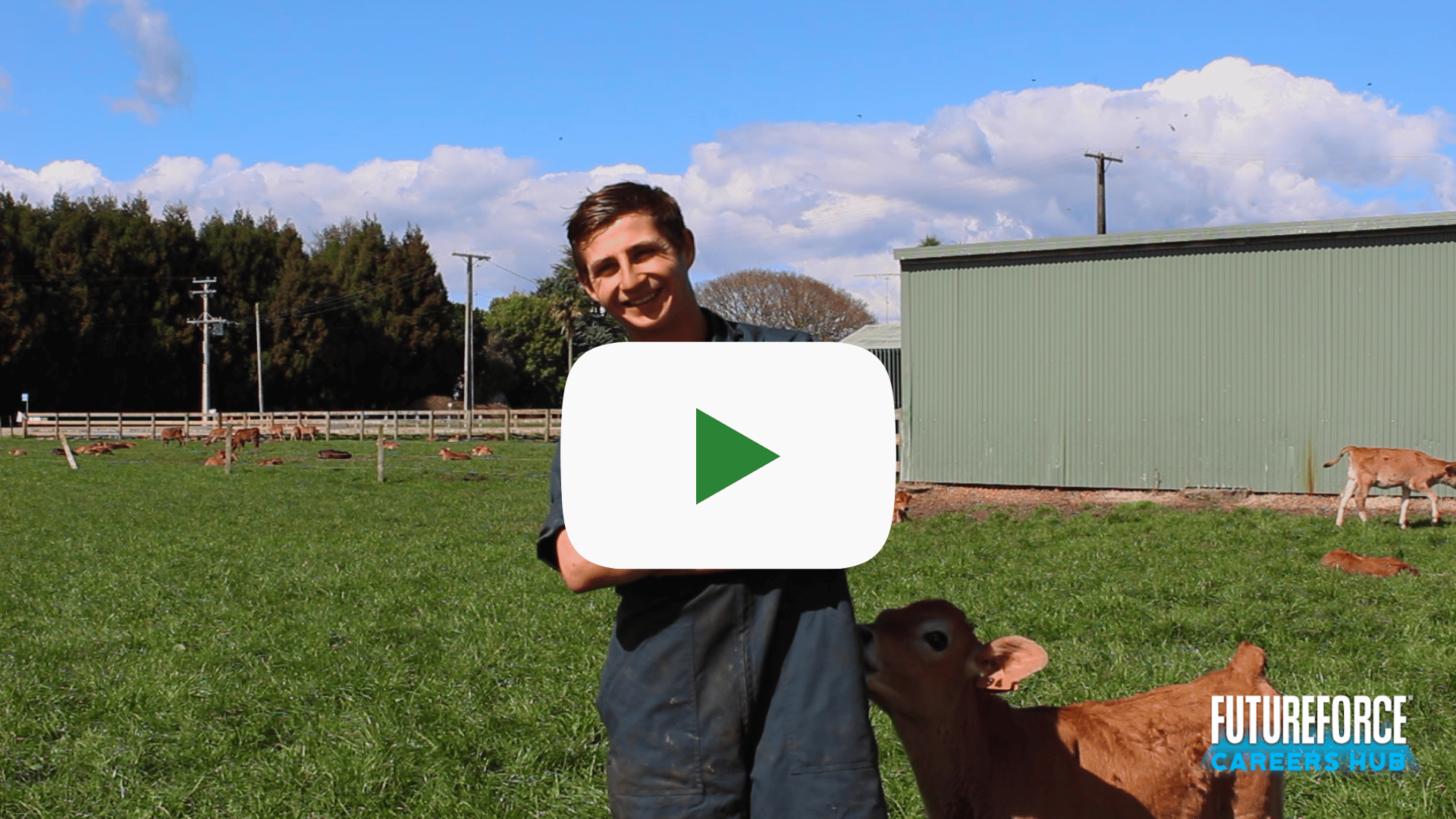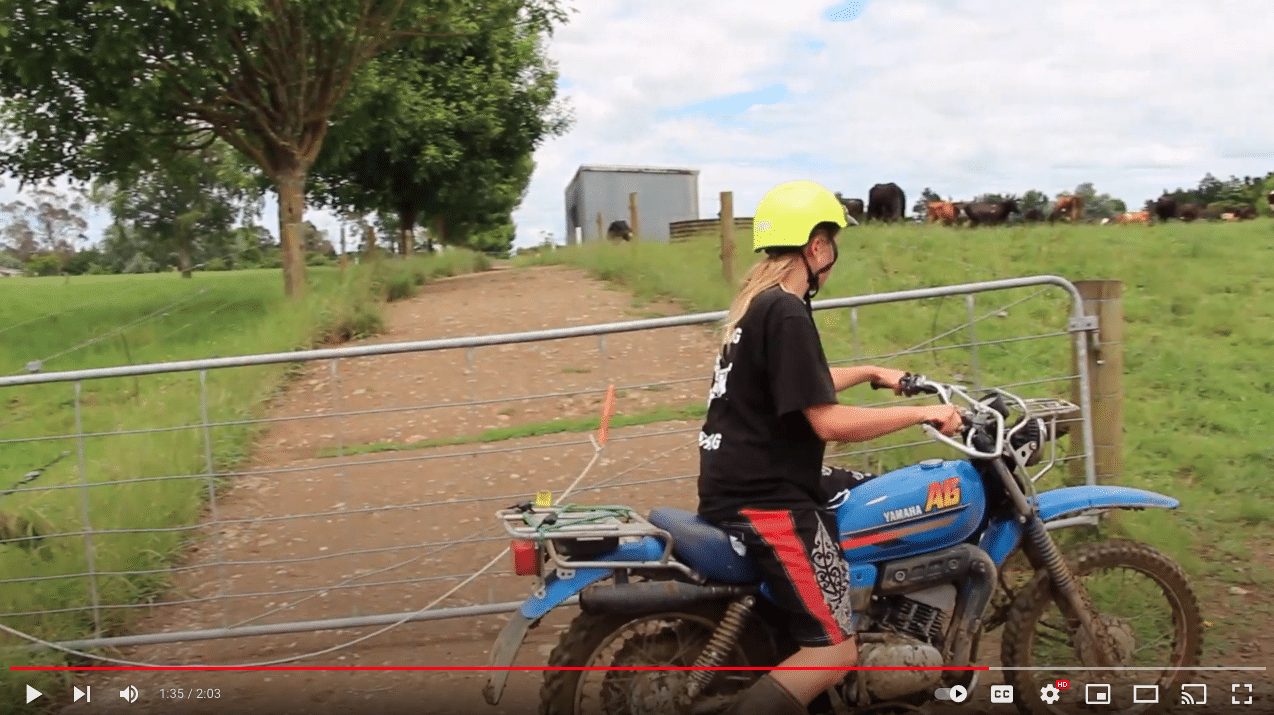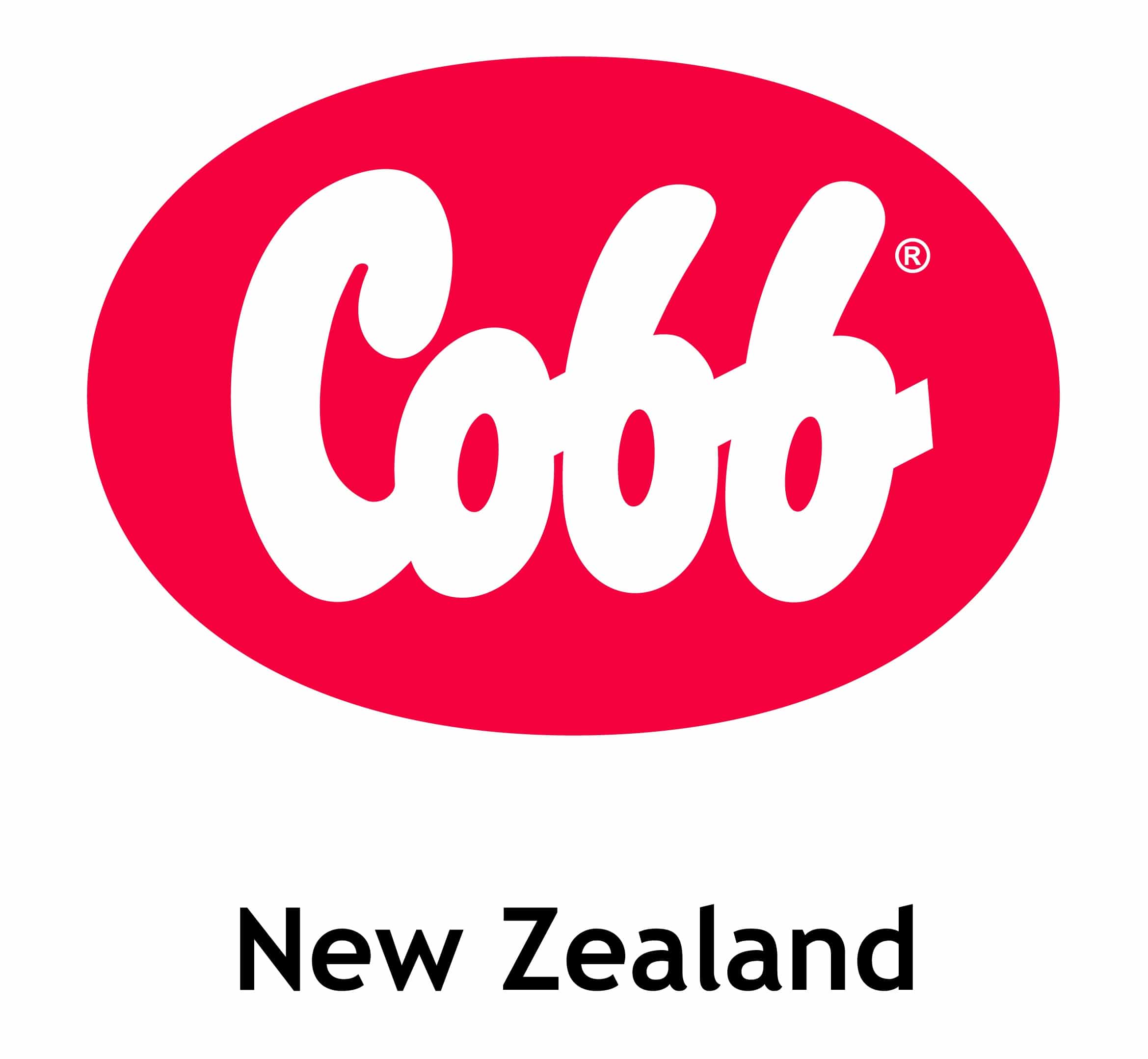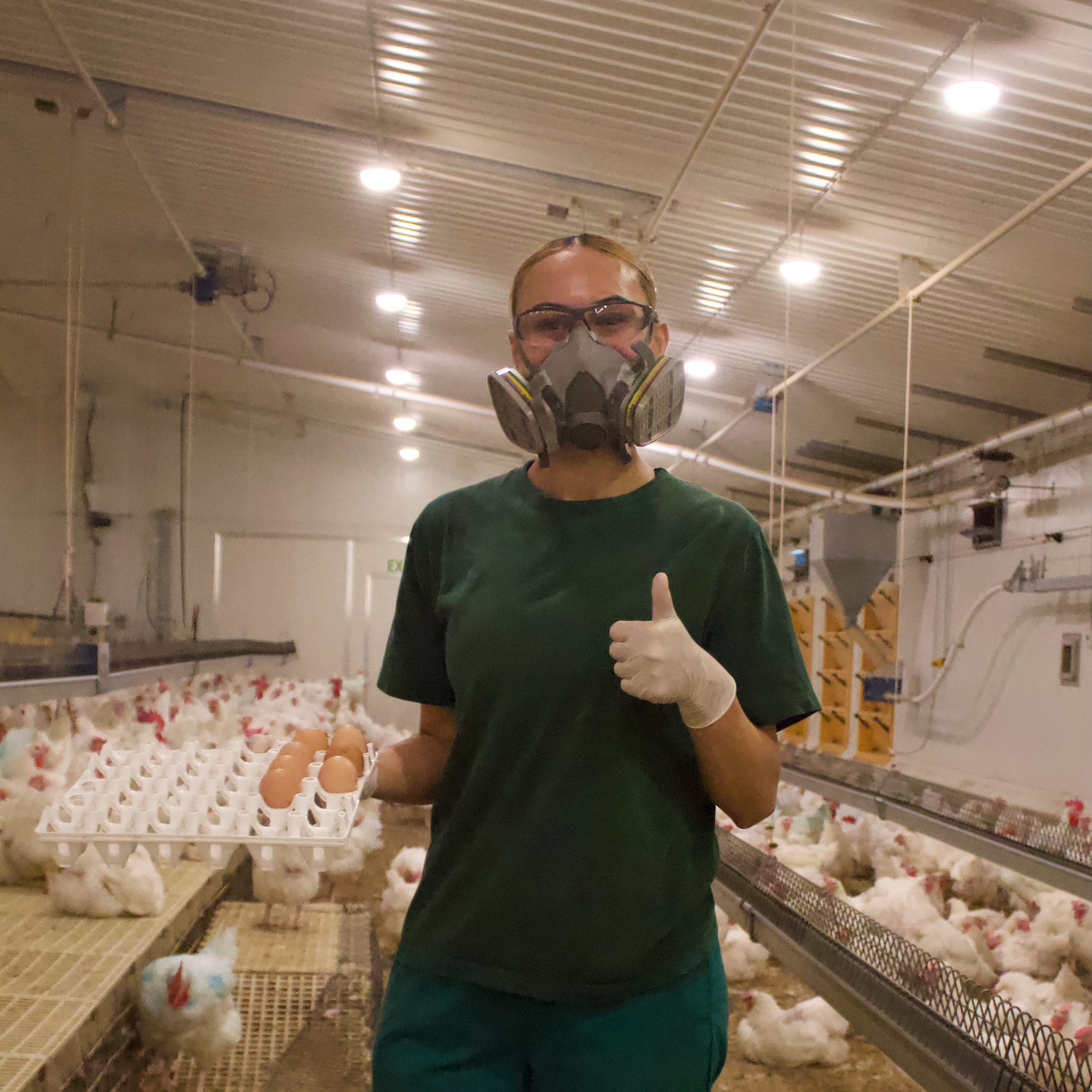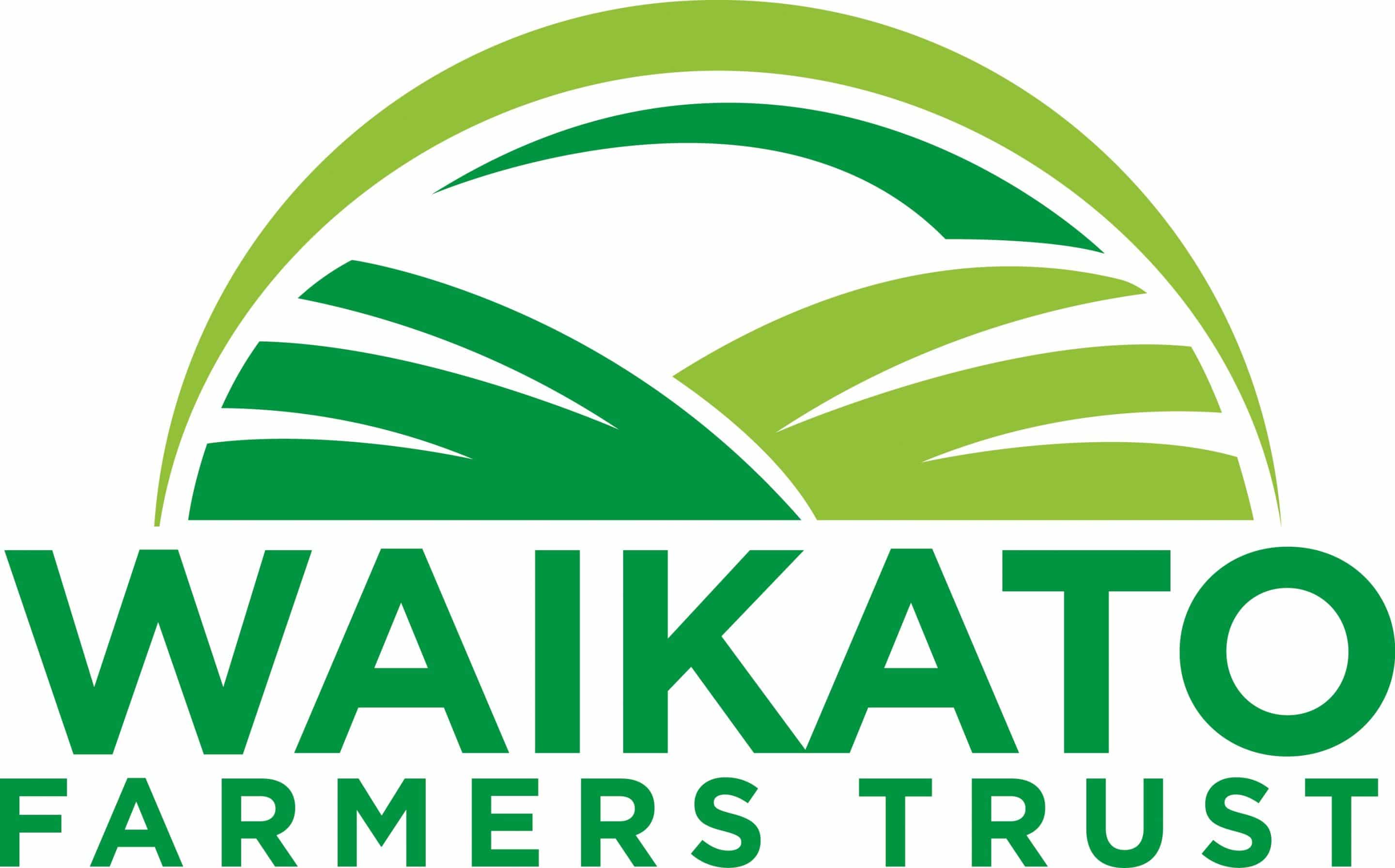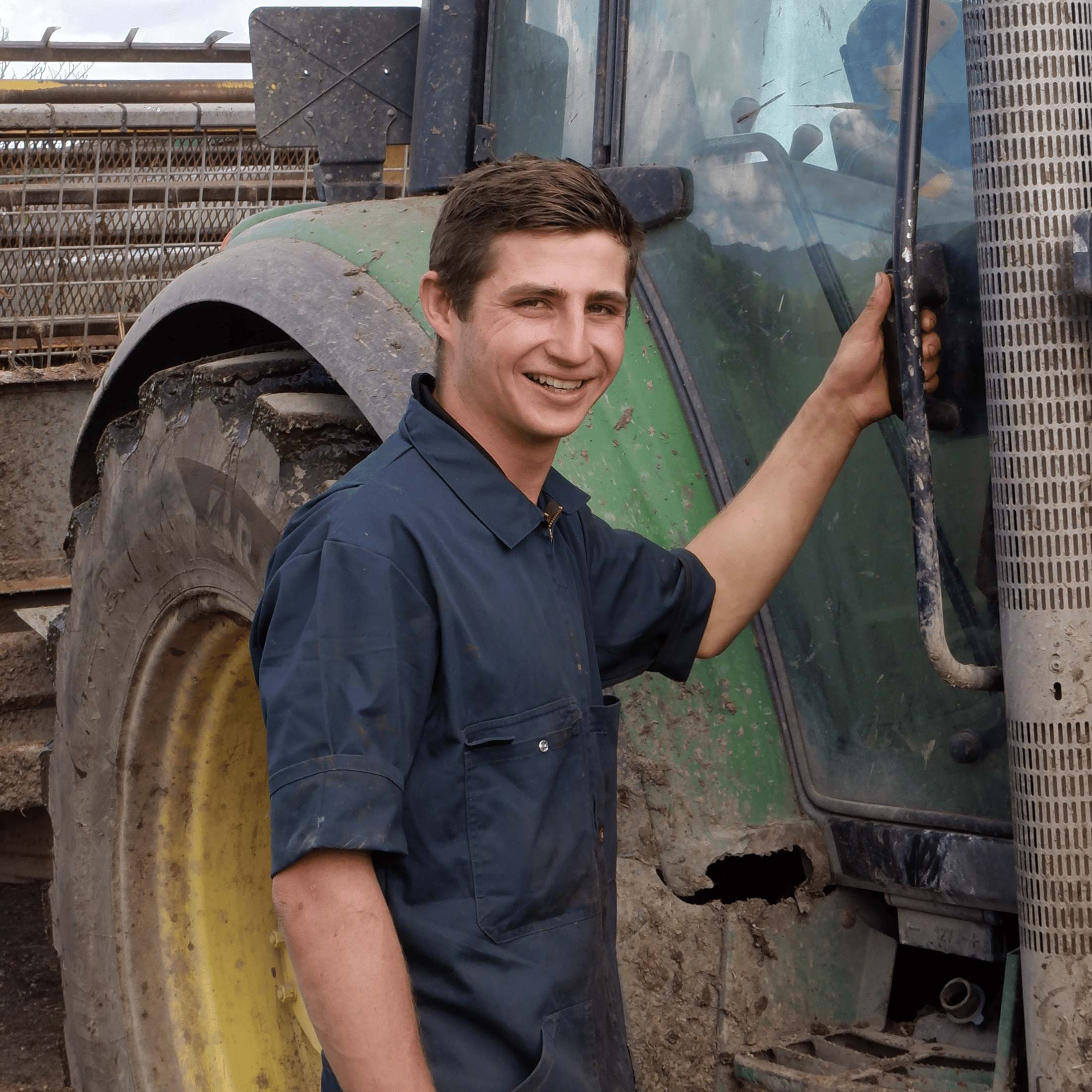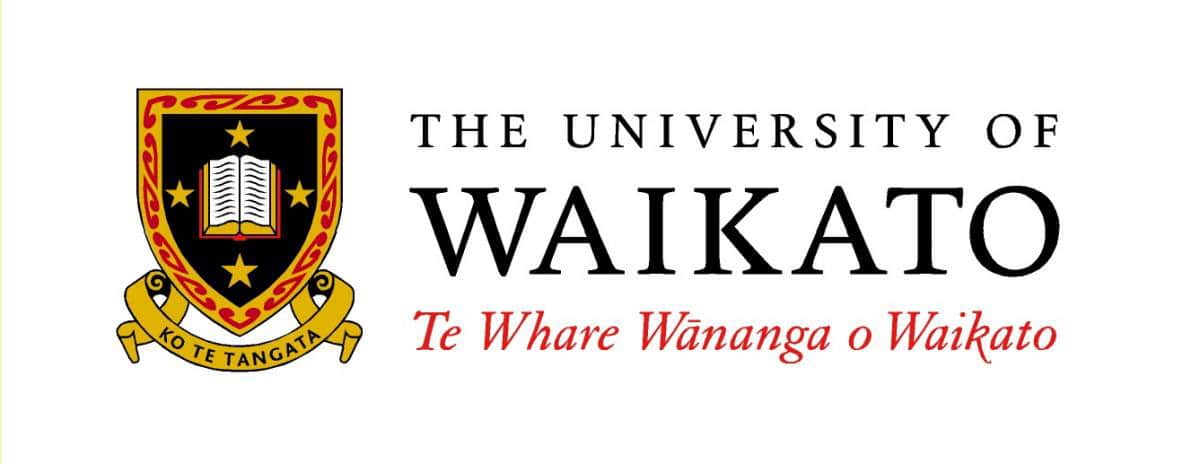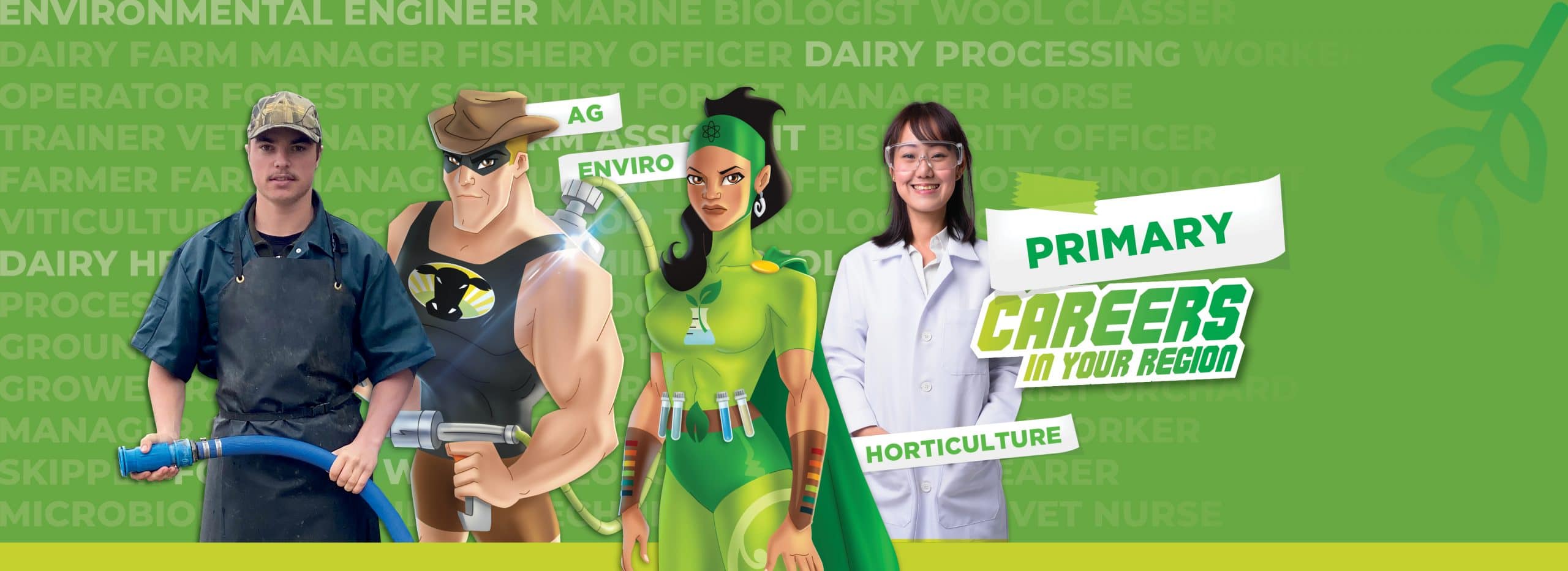
Primary industries provide, or use, plant or animal products and turn them into products or commodities. This sector includes agriculture, horticulture, forestry, fisheries, aquaculture, equine and viticulture.
No matter what part of the sector you choose to work in, you’re contributing to an important and sustainable sector that’s one of New Zealand’s biggest employers and biggest exporters.
There are many job opportunities on our forests, farms, orchards, vineyards and seas in a wide range of roles and, according to the NZ Food and Fibre Skills Action Plan, there will be increasing demand for a range of related specialist skills and a greater focus on sustainability to remain competitive and successful.
“By working in the primary industries you can help feed the world or help find solutions to some of our world’s major problems, such as biosecurity risks, animal welfare and climate change. To meet these challenges this sector will need researchers, consultants, vets, and people skilled in marketing, human resources, IT, engineering, robotics and other technological areas.”
– Ministry for Primary Industries
You might love programming robots, working with animals, or protecting the environment. You might be an unstoppable problem solver or budding entrepreneur. Food and Fibre – a term for Primary industries – means everything from growing quality food, wood and wool through to making those things into products like ice cream, burger patties, pizza boxes and clothing for fashion stores. It also involves taking those products to the world (growingnz.org.nz).
SMARTER FUTURES: FOOD AND FARMING

There is a global demand for low carbon safe food with high nutritional value, which provides massive opportunitires now and into the future, Waikato has always been innovative in this sector – many of New Zealander’s leading agri-science research facilities are based here. Opportunities will include innovative technologies to foster efficiency and new ways of operating sustainably.
Is a job in the Primary Industries right for you?
Find out!
Do you like…
-
-
- Growing things
- Working with animals
- Working outside
- Physical work
- Using equipment and machinery
- Science and research
- Using business skills
- Interacting with the environment?
-
If so, a career in this sector might be right for you!
Areas of speciality may include…
-
-
- Biodiversity
- Animal health
- Business and consulting
- Water management
- Pest management
- Research and development
- Food supply and processing
- Agri-technology
- ICT
-
Job and Pay Examples in the Primary Sector
| JOB | PAY PER YEAR | OPPORTUNITIES |
|---|---|---|
| Agricultural/Horticultural Consultant | $50K to $150K | Good |
| Agricultural/Horticultural Field Rep | $55K to $120K | Good |
| Agricultural/Horticultural Scientist | $65K to $150K | Good |
| Aquaculture Farmer | $48K to $88K | Good |
| Beekeeper | $48K to $120K | Average |
| Crop Farmer/Manager | $55K to $180K | Good |
| Dairy Farmer/Manager | $55K to $160K | Good |
| Dairy Farm Assistant | $48K to $80K | Good |
| Dairy Processing Operator | $50K to $80K | Good |
| Farm Assistant | $50K to $60K | Good |
| Farmer/Farm Manager | $78K | Good |
| Forest Manager | $55K to $150K | Good |
| Forestry and Logging Worker | $48K to $75K | Good |
| Forestry Scientist | $55K to $150K | Good |
| Marine Biologist | $71K to $198K | Average |
| Meat Process Worker | $48K to $86K | Good |
| Orchard Farmer/Manager | $55K to $180K | Average |
| Seafood Process Worker | $48K to $86K | Good |
| Shearer | $48K to $130K | Average |
| Veterinarian | $75K to $220K | Good |
| Veterinary Nurse | $50K to $60K | Good |
| Viticulturalist | $48K to $128K | Good |
| Winemaker | $48K to $211K | Average |
| Wood Processing Worker | $48K to $50K | Average |
| JOB | PAY PER HOUR | OPPORTUNITIES |
|---|---|---|
| Arborist | $23 to $35 | Good |
| Crop Worker | $23-25 | Good |
| Fencer | $23-$62 | Good |
| Nursery Grower/Worker | $23-$31 | Average |
| Packhouse Worker | $23-$25 | Good |
| Wool Classer | $50 to $60 | Average |
*Rates are based on full time work and are an indication only.
Source: careers.govt.nz
Some “hands-on” roles in this sector include…
Dairy Farmer
Dairy Farmers plan and manage milk production by cows, maintain pasture and monitor environmental impacts on the farm.
Come join us as we interview Waikato Dairy Farmer Edward Roskam!
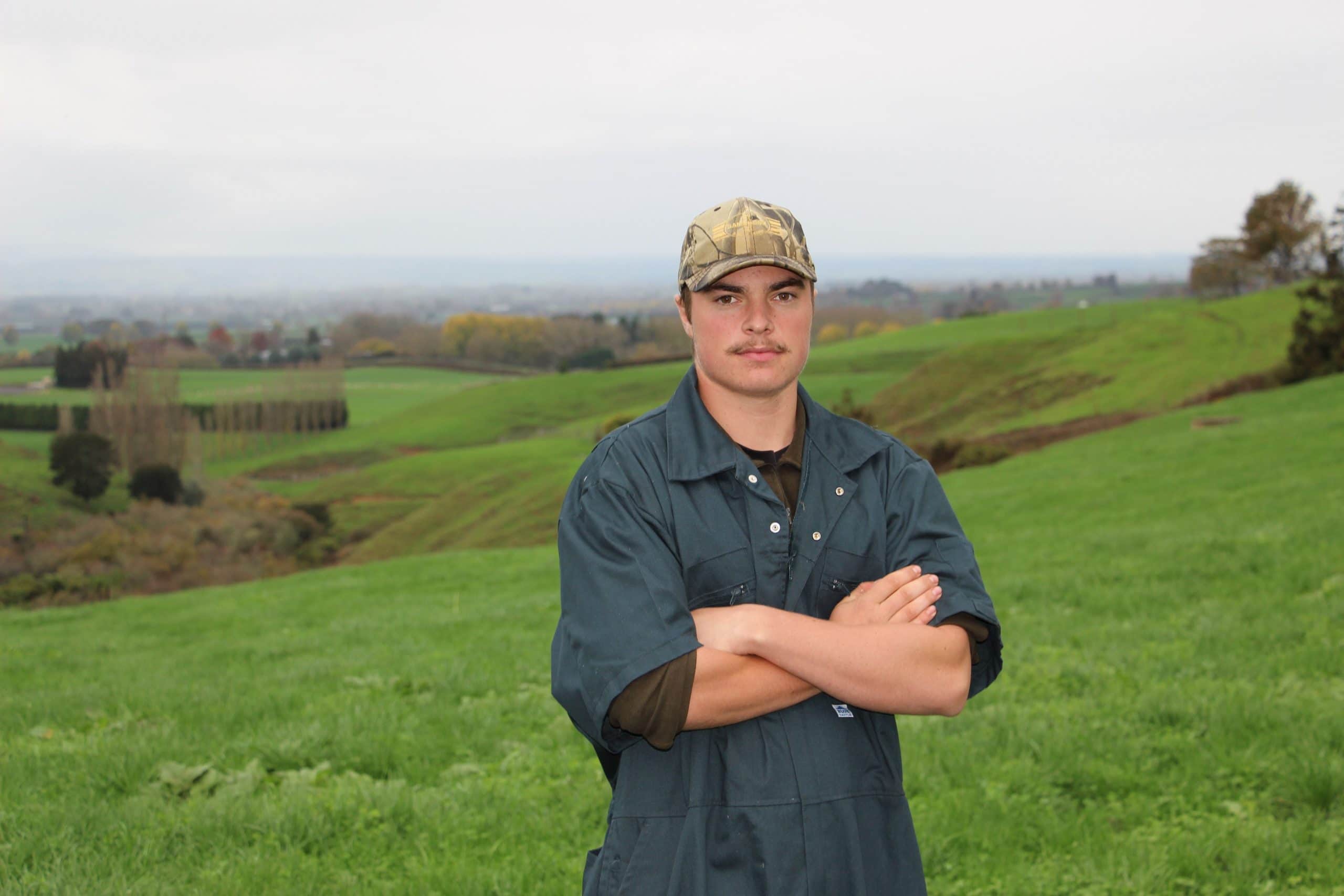
Farm Assistant
Farm assistants help farmers with a variety of tasks, including raising and caring for livestock, repairs and maintenance, tractor work, and other farming activities.
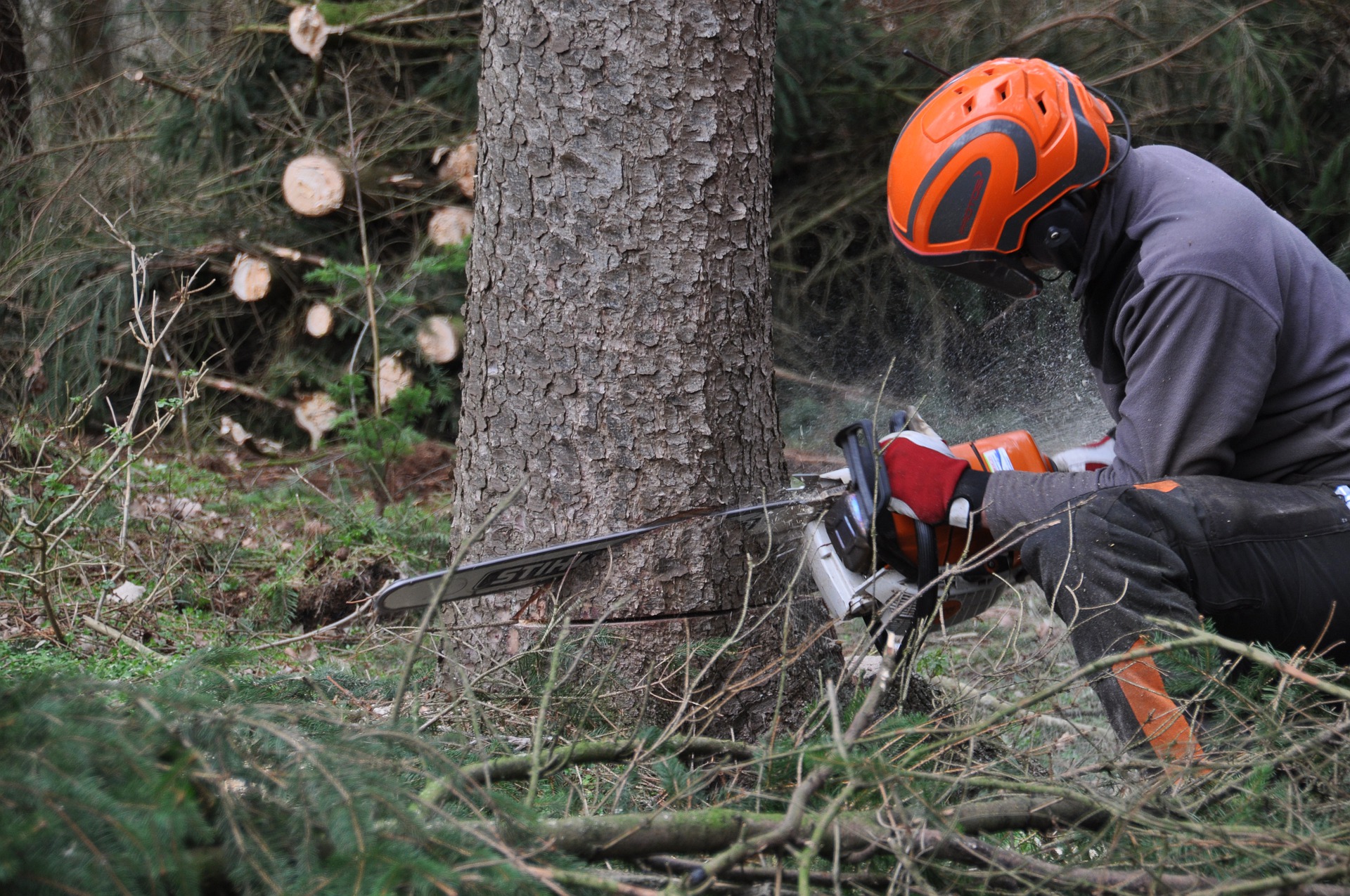
Forestry Worker
Forestry and logging workers plant, maintain, measure, cut and clear trees from forests using state-of-the-art technology, and operating multi-million-dollar machines and equipment.
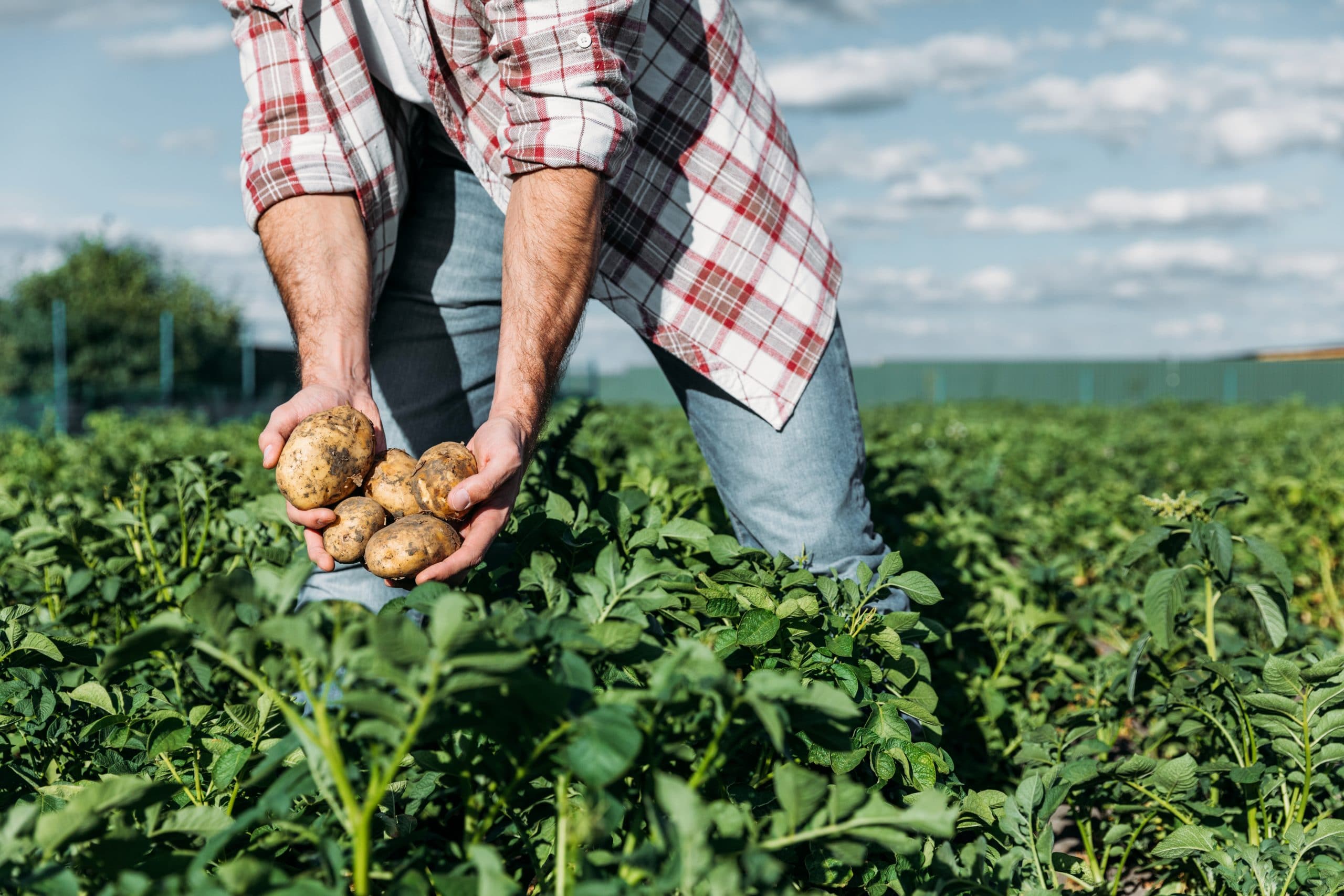
Orchard Manager
Orchard managers plan and manage fruit/nut production in orchards. This includes planning the growing, maintenance and harvesting of fruit/nuts, through to budgeting and managing staff.
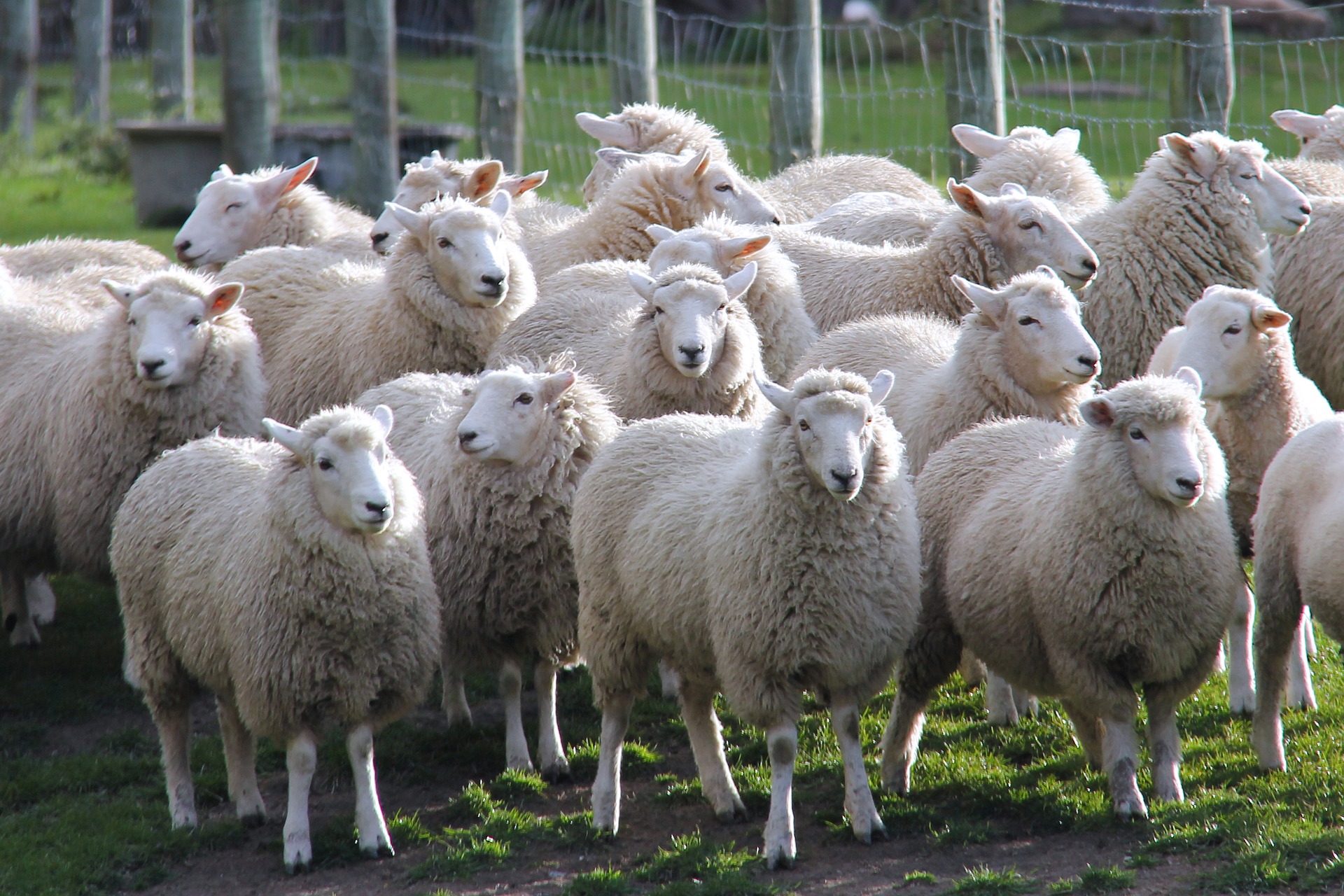
Stock Manager
Stock Managers work outdoors, generally have high levels of fitness and strength and must be alert to the ever-changing requirements of the farm, including pasture management, stock needs, breeding, and the possible extremes of weather.
Forestry in the Waikato
The forestry and wood processing sector is a substantial contributor to New Zealand’s economy and society. Wood products are New Zealand’s third largest export earner, behind dairy and meat. The sector contributes over $6.9 billion in export revenue and accounts for 1.6% of New Zealand’s GDP. The environmental, community and social benefits of forests are being increasingly recognised. (mpi.govt.nz)
Did you know?
- New Zealand produced 10.6 million native tree seedlings in 2020
- Plant nurseries employ more than 3000 people throughout New Zealand, and contribute $334m to the economy
- Plants and trees in our urban areas help improve health and wellbeing, control temperature, reduce air pollutants, regulate water flow, and absorb carbon emissions.
(ppi.co.nz)
South Waikato is at the heart of New Zealand’s commercial forestry plantations – Forestry and Logging contribute over $230 million to the South Waikato economy (swnz.co).
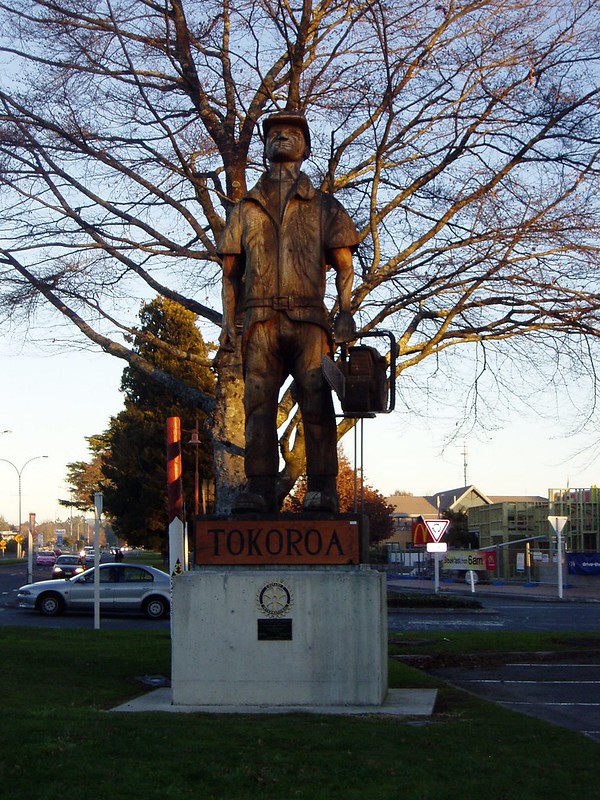
Aquaculture
The aquaculture sector offers tremendous sustainable growth potential for New Zealand to create more regional jobs, support associated industries and inject much needed export earnings into local communities and the economy. The industry strategy is to become a billion-dollar sector by 2025 (aquaculture.org.nz).
28% of New Zealand’s Pacific Oysters and 23% of our Green Shell mussels are farmed in the Coromandel (aquaculture.org.nz).
Study a BSc majoring in Aquaculture at the University of Waikato’s Tauranga campus.
Waikato Dairy Snapshot
More than 350,000 New Zealanders, or one in seven people, are employed in this sector, contributing over $46.4 billion in export revenue and accounting for 11% of New Zealand’s GDP (Ministry for Primary Industries, year ended June 2019).
Dairy NZ’s Waikato 2020 snapshot:
- 29% of all dairy herds
- 1 million cows milked
- $2.5 billion contributed to regional economy
- 9% of regional employment is in dairy jobs
Waikato is home to many clever agri-tech businesses designing and developing innovative, world-leading technology in areas such as animal health and herd improvement to food processing and environmental sciences.
New Zealand produces 3% of all the world’s milk. Dairy farming contributed 34% ($19.7 billion) of New Zealand’s earnings from export merchandise in 2019-2020 (dairynz.nz)
The dairy farming industry employs more than 10,000 people in Waikato; and more than 20,000 people are employed in primary and related industries in our region. (mbie.govt.nz)
Qualifications
Whether you are looking to study at the University of Waikato, Wintec, Vision College or gain a qualification that has a practical vocational focus there are many options within the primary sector including:
» Wintec
› NZ Diploma in Dairy Processing (Level 6)
› Applied Horticultural Services (Level 3)
› Advanced Horticultural Trades (Level 4)
› NZ Certificate in Aboriculture (Level 5)
› Bachelor of Technology (Science)
» University of Waikato
› Bachelor of Business Studies (BBus) (Agribusiness)
› Bachelor of Management Studies with Honours (BMS(Hons)) (Agribusiness)
› Bachelor of Science (BSc)
› Bachelor of Science (Aquaculture) (BSc) Tauranga Campus
» Vision College
› NZ Certificate in Primary Industry Skills (Level 2)
Meet the Waikato people working in the Primary Industries
Te Huia Natural Resources Limited aims to improve your connection to our natural resources and strengthen your identity whether you are an iwi, hapuu and marae, or developing organisation.
Cobb Vantress NZ is a global poultry livestock business producing an impressive 10% of the world’s chicken protein, right on our back doorstep.
Nestled in beautiful farmland in the North Waikato, Cobb is always on the lookout for people keen to start as Farmhands and, for those who have what it takes, work their way up to become Technicians, Team Leads or Managers.
The Waikato Farmers Trust is a charitable trust with a real passion for farming and the agribusiness community in Waikato. The trust’s goal is to help rural communities grow and thrive by offering scholarships, funding and sponsorship to individuals, organisations and other charities to benefit the rural and agribusiness communities.
Here are some graduate success stories of people who have studied at the University of Waikato, and gone on to do work in Primary Industries. Have a read to get an idea of the different pathways you can go down within this very sector!
Sources: dairynz.co.nz, mpi.govt.nz, swnz.co, ppi.co.nz, growingnz.org.nz, Food and Fibre Skills Action Plan 2019-2022, aquaculture.org.nz, Waikato.ac.nz, wintec.ac.nz, youthguarantee.education.govt.nz
Disclaimer: While the FutureForce® Team makes every effort to ensure the information on this website is correct, the editor and publisher do not assume and hereby disclaim any liability to any party for any disruption or loss caused by error or omissions. Content is designed to complement, but not replace, the advice of a career advisor.

